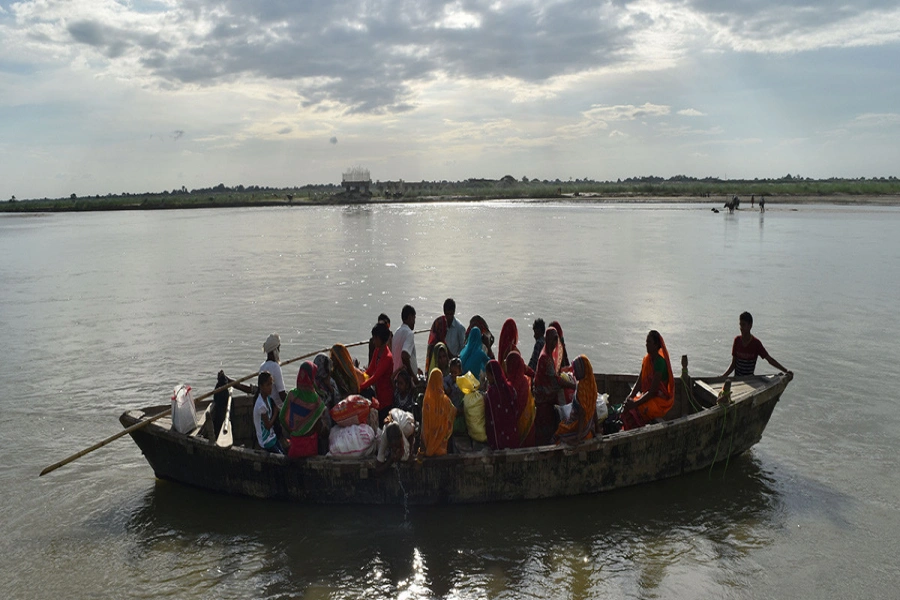KATHMANDU, Dec 21: As Nepal prepares to finalize its third Nationally Determined Contributions (NDC), civil society representatives and experts have called for a stronger focus on urban climate resilience in the country's climate commitments.
With cities increasingly vulnerable to climate change, experts have urged the government to integrate climate change adaptation into urban development and planning to enhance the resilience of urban areas.
Speaking at a program organized by Clean Energy Nepal, titled “Civil Society Consultation: Strengthening Strategies and Approaches for Policy Advocacy on Urban Resilience and Integration into NDCs,” participants emphasized the need to improve urban mobility by enhancing public and non-motorized transportation. They recommended policy tools such as incentive-based mechanisms and awareness campaigns to promote alternative modes of transportation.
Nepal's Energy Leap in NDC 3.0

As urbanization accelerates in Nepal, experts also proposed creating risk-sensitive land use plans to integrate climate adaptation and disaster risk management into city planning. They highlighted the importance of incorporating nature-based solutions such as wetland restoration, permeable pavements, and stormwater parks into urban design.
The discussion also addressed the promotion of alternative building materials to reduce dependence on energy-intensive materials like cement, steel, and aluminum. Experts suggested providing incentives through building permit systems to encourage the use of sustainable materials and green, passive design techniques.
“It is important to understand how an urban perspective, alongside a sectoral focus, can drive further emission reductions,” said Aruna Thapa Magar, an official from UN-Habitat.
Naresh Sharma, under secretary at the Ministry of Forests and Environment, informed that energy, transport, and green infrastructure will be key elements of Nepal's third NDC. “We are working to make it as practical as possible, based on the experiences of our earlier NDC,” he said.
Former Minister for Water Resources and political economist Deepak Gyawali argued that Nepal's transition from fossil fuel should prioritize economic reasons over purely environmental ones. He noted the significant rise in LPG usage in rural areas, stating, “It seems we have developed a fossil fuel addiction. Civil society must proactively advocate for reducing fossil fuel consumption.”
Ashok Kumar Byanju, mayor of Dhulikhel Municipality, highlighted various measures his municipality has implemented to reduce carbon emissions and promote sustainable development. “We are fully committed to making Dhulikhel an environmentally-friendly city by achieving net-zero GHG emissions. We aim to align our policies and programs with the spirit of the Fossil Fuel Non-Proliferation Treaty in the coming days,” he said.
On the occasion, a national report titled “Climate Change and Urban Resilience in Nepal: Through the Lens of the Urban Poor” was launched. The study, focusing on informal urban settlements along the Bagmati watershed, underscored the need for investments in infrastructure and services for low-income neighborhoods to address poverty and build inclusive, equitable cities for the future.




































